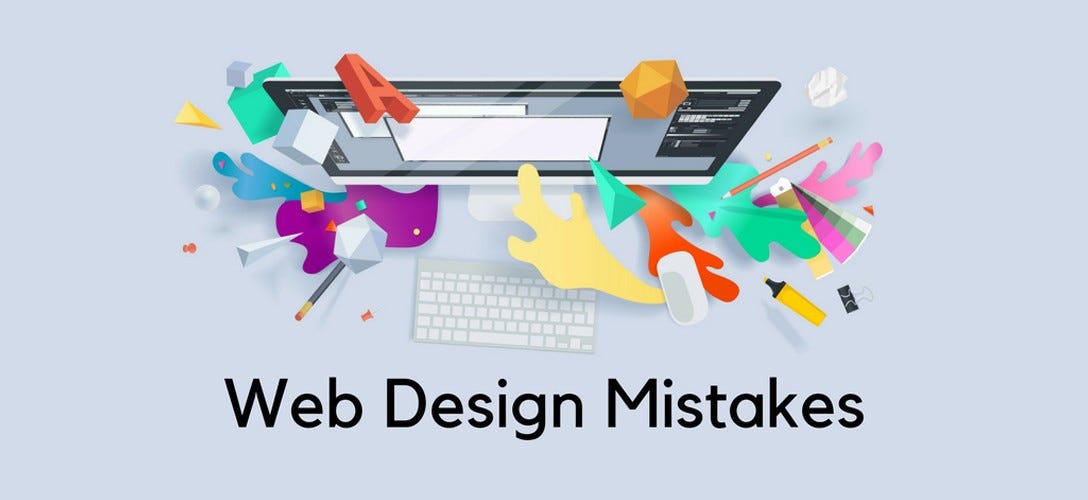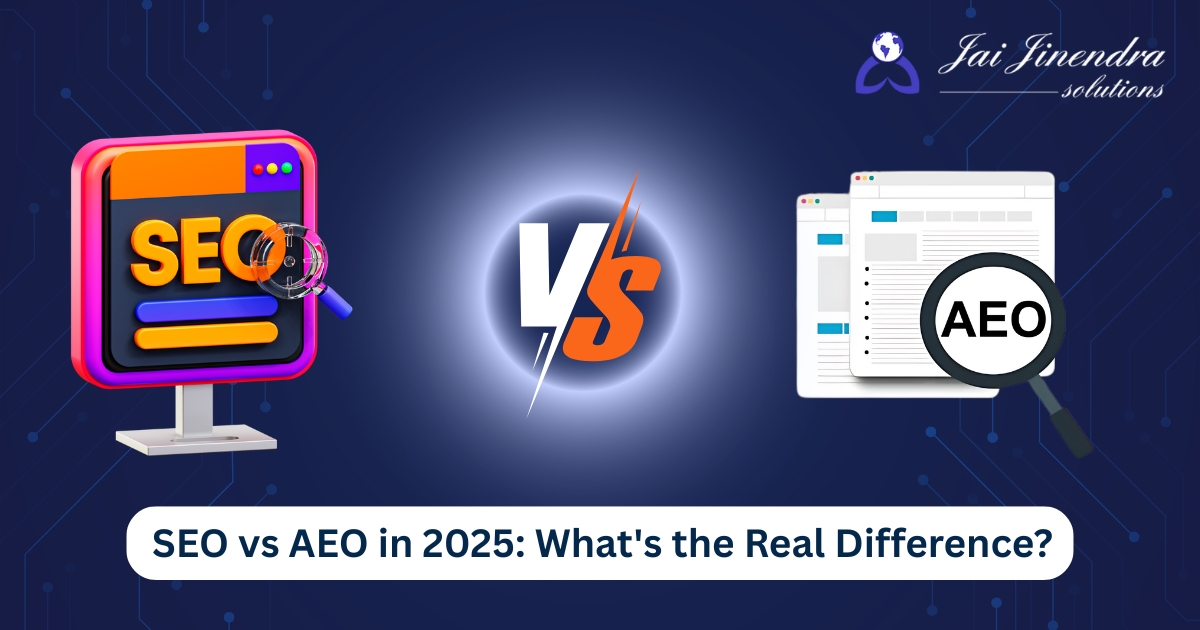Hiring for cheap website design in Dubai can be tempting for many businesses. Lower prices attract companies searching for a quick online presence. However, focusing only on cost often creates long-term problems. A poorly built website reduces performance and damages credibility. Many firms fail because they overlook essential design elements. A weak website also hurts marketing results and customer trust. The right approach is understanding what truly matters in design. Businesses must focus on quality, experience, and results instead of price alone. Selecting the wrong partner can waste resources and time. Short-term savings usually lead to higher expenses later. Poor design needs redevelopment, maintenance, and fixes, which cost more overall. Avoiding mistakes during the hiring process protects your investment. This article explores key mistakes and ways to prevent them. Understanding these errors helps you make better choices. Your website deserves careful planning and professional execution.
1. Ignoring the Need for a Development Agency
Many businesses ignore the advantages of hiring a development agency. They often choose freelancers without proven experience. Agencies bring structured processes and reliable teams. An agency provides resources for design, coding, and testing. This ensures balanced focus across all aspects of the project. Agencies usually maintain higher accountability compared to individuals. Choosing one also reduces the risks of delays. Businesses benefit from organized workflows and dedicated project management. Development agencies also have access to better tools. They deliver projects faster and with fewer errors. Their collective knowledge creates more reliable results. In contrast, freelancers may lack comprehensive skills. This can result in incomplete or weak websites.
2. Overlooking the Importance of a Reputable Company
Many owners fail to verify the credibility of the company. Selecting the wrong partner damages trust and brand image. A reliable company provides confidence through proven projects. Reputable companies showcase genuine client reviews and case studies. This helps businesses confirm their track record. Such companies are less likely to disappear mid-project. They offer proper contracts and clear agreements. Choosing an unverified provider risk wasted investments. Established companies provide better customer support systems. They also assign reliable teams for each project. Businesses receive consistent communication throughout the process. Without checks, you risk scams or poor services. Verifying company history reduces unnecessary risks. A strong company is critical for reliable design. Avoid overlooking this vital step during hiring. A trustworthy partner ensures stability and successful delivery.
3. Neglecting the Value of Web Development Expertise
Some businesses ignore the technical side of web development. They focus only on visuals and price. Strong web development ensures functionality across devices and browsers. Websites must load fast to retain visitors. A poorly developed site increases bounce rates. Web development also supports integrations like payments or booking systems. Without technical expertise, features may break frequently. Skilled developers create scalable and adaptable systems. This ensures websites grow with business needs. Ignoring development weakens overall website performance. It also creates security risks for sensitive data. Reliable development reduces downtime and technical problems. Companies should evaluate coding skills before hiring. A strong backend supports a smooth user journey. Proper development is as important as good design. Businesses must balance both aspects for success.
4. Failing to Demand a Responsive Design
Some businesses forget to request a responsive design. This mistake severely limits user reach. Responsive sites are mobile-friendly. Over 50 percent of traffic is mobile. The neglect of mobile users leads to lost opportunities. A responsive design enhances the user experience across platforms. Customers want to have an easy browsing experience, irrespective of the device. A bad layout will deter engagement and conversions. Mobile-friendly websites are also ranked higher by the search engines. Search engines also rank mobile-friendly sites higher. A responsive approach ensures better SEO visibility. Non-responsive designs appear outdated and unreliable. Visitors often leave such sites immediately. This reduces traffic and potential sales. Businesses must confirm responsiveness during project discussions. Always test designs on multiple devices before approval. Prioritizing responsiveness supports growth and user satisfaction.
5. Ignoring User Experience in Design Choices
Companies tend to overlook the user experience when choosing design services. They emphasize aesthetics more than functionality. The user experience is how visitors interact with a website. Clear layouts improve navigation and encourage engagement. Easy access to information builds trust and credibility. Visitors prefer sites that feel intuitive and simple. Ignoring user experience reduces conversions and loyalty. Strong user experience boosts customer satisfaction significantly. Poor usability discourages repeat visits. Design should balance visuals with practicality. Every page should guide users toward specific actions. Businesses must request straightforward navigation and simple structures. Testing designs with real users also reveals weaknesses. Improving user experience results in stronger business outcomes. Avoid neglecting this vital aspect of web design.
6. Choosing Services Without Professional Standards
Businesses sometimes choose services without professional standards. They focus only on lower pricing. Professional services follow established guidelines and practices. They deliver consistent results for clients. Non-professional providers often cut corners. This creates unstable and unreliable websites. Professional firms maintain strong ethics and clear agreements. They also provide structured communication channels. They keep clients updated on project progress. Such services also follow timelines strictly. Non-professional providers often delay projects. Missing deadlines hurts business planning and campaigns. Choosing professional services ensures stability and reliability. They provide after-launch assistance as well. Investing in professionalism improves long-term website value. Businesses must avoid providers with unprofessional practices. Trustworthy services always deliver better outcomes.
7. Forgetting to Evaluate UX/UI Design Capabilities
Ignoring UX/UI design expertise is another common mistake. Businesses sometimes select providers lacking creative vision. The UX/UI design is a compromise between utility and aesthetics. It guarantees that websites are appealing and easy to use. In the absence of UX/UI skills, websites are cluttered and confusing. Good design enhances usability and promotes interaction. Clear buttons and visuals guide user journeys. Color schemes and layouts create emotional impact. Poor UX/UI creates negative impressions quickly. Visitors may abandon websites that lack clarity. Good design also strengthens brand identity. Experienced designers provide layouts that align with business goals. They use research to understand customer expectations. UX/UI also impacts conversion rates significantly. Businesses must check a provider’s design portfolio. Skilled designers create both attractive and functional sites. Evaluating UX/UI prevents weak results.
8. Underestimating the True Cost of Cheap Options
Businesses often underestimate the actual cost of choosing cheap providers. Low prices rarely deliver quality. Providers may cut features or support. This creates long-term problems. Hidden costs emerge when issues are fixed later. Redevelopment and maintenance become unavoidable expenses. Cheap websites often require frequent updates. Investing in quality saves more money over time. Businesses must compare value instead of price. Cost should not be the only factor. Skilled providers explain pricing transparently. The outline clearly included features and limits. Reliable partners also offer scalable solutions. Cheap options restrict future upgrades. Understanding actual costs prevents unpleasant surprises. Businesses should plan budgets realistically. Avoid providers offering unrealistically low prices. Quality always comes at a fair cost.
9. Overlooking Experienced and Certified Providers
Some businesses ignore the importance of experienced and certified providers. Experience proves the ability to handle diverse projects. Certified providers show verified competence. They follow best practices consistently. Experienced teams foresee potential issues. They plan solutions before problems occur. Certified providers also meet industry standards. They deliver professional results reliably. Unverified providers may lack these qualities. Choosing them increases project risks. Experienced providers understand evolving trends well. Certification ensures knowledge of current techniques. Both create more effective outcomes. Businesses benefit from reliable guidance. Always check experience and certification before hiring. Avoid ignoring these essential qualifications.
10. Forgetting the Importance of Licensed and Registered Firms
Businesses often forget to check if providers are licensed and registered. This mistake creates legal risks. Licensed firms operate under government regulations. They meet compliance requirements consistently. Registered businesses provide more accountability. They are easier to contact for support. Unregistered providers may disappear without warning. Recovering funds from them becomes difficult. Licensed firms also offer official contracts. This ensures protection for both parties. Registered companies maintain professional reputations. They value long-term client relationships. Checking legal status is essential for safety. Avoid choosing providers without licenses. Always confirm registration documents before hiring. This step ensures trust and stability. Legal protection is vital for any partnership.
11. Not Checking if Designers Are Qualified
Some businesses forget to confirm if designers are qualified. This mistake leads to weak results. Qualified designers study both design and development skills. They apply best practices effectively. Without proper qualifications, providers rely on guesswork. This reduces project quality. Qualified designers follow structured processes. They deliver reliable results consistently. Businesses should always check qualifications. Ask for certificates or training details. Qualified providers also use advanced tools. They bring more efficiency to projects. Non-qualified designers may cause delays. They lack knowledge of industry standards. Qualified experts build websites suited for growth. Confirming qualifications ensures safer investments.
12. Failing to Demand a Productive and High-Performing Site
Many businesses fail to demand productive and high-performing websites. They focus only on looks. A fruitful site delivers measurable results. High-performing sites load quickly and run smoothly. Poorly optimized sites frustrate users. Slow sites lose conversions. Productive websites improve marketing effectiveness. High performance enhances SEO rankings. Visitors expect quick access always. Businesses must demand performance benchmarks. Providers should guarantee speed and stability. Testing ensures performance meets expectations. Ignoring these aspects reduces value. A website must deliver tangible business outcomes. Always ask for proof of performance. Demand a productive and high-performing result.
Conclusion
Hiring the wrong provider for website design can lead to long-term issues. Businesses often priorities cost over quality. This mistake reduces credibility and growth opportunities. Many providers lack experience, certification, or legal registration. They also fail to deliver responsive and professional results. Cheap options often need redevelopment and maintenance later. Actual value lies in expertise, qualifications, and creativity.



